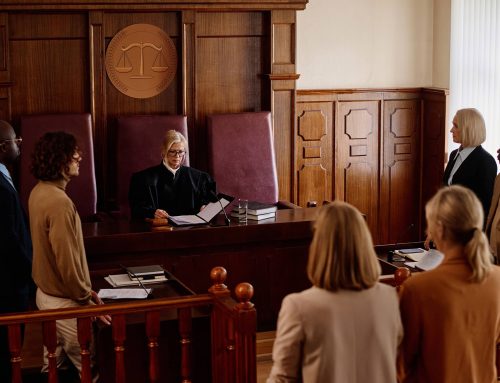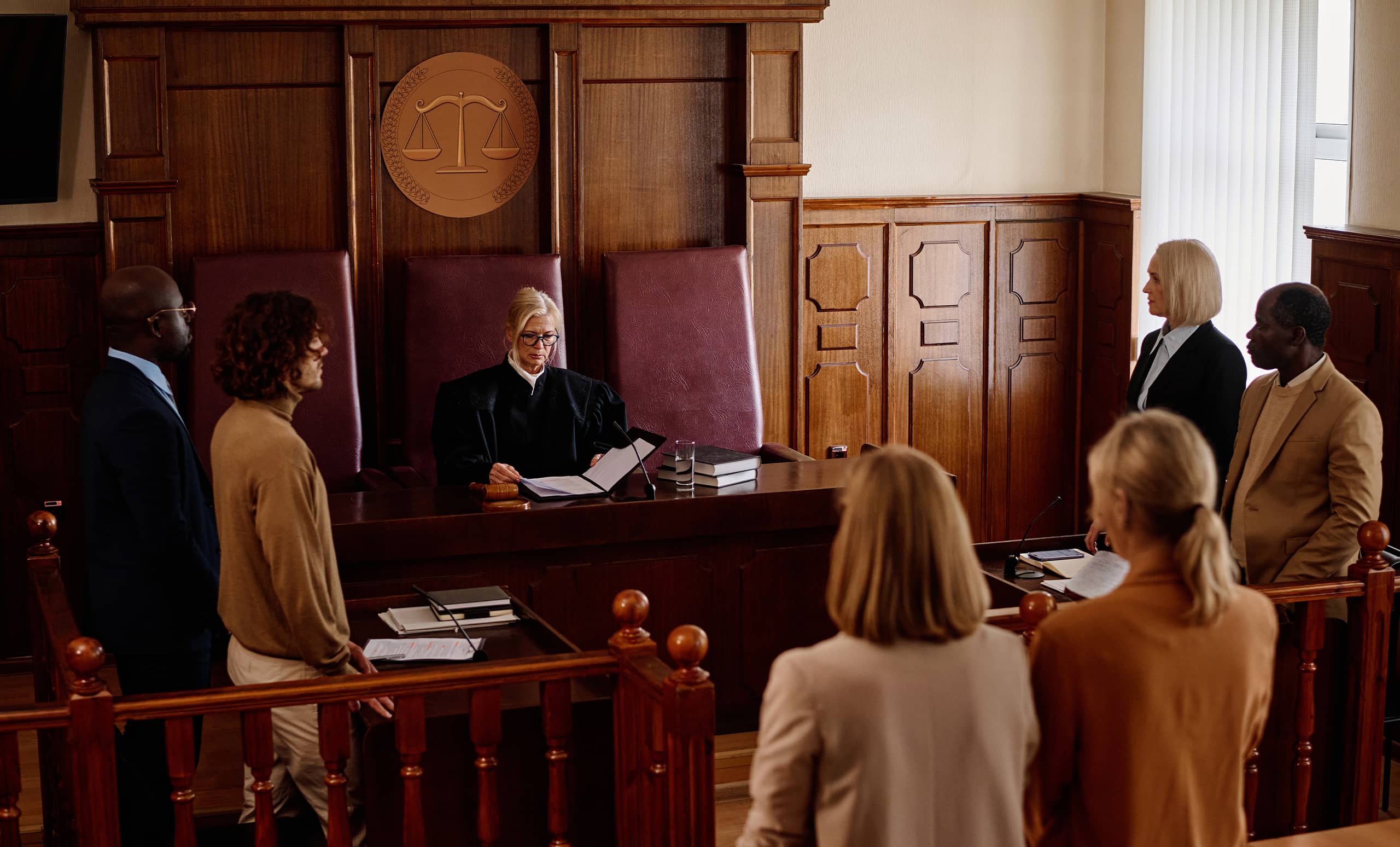Drug offenses can cause extremely serious immigration consequences, including making a non-citizen defendant deportable, inadmissible, convicted of an aggravated felony, and barred from eligibility for relief. A drug related criminal conviction can be a devastating mark on a defendant’s record. When immigration concerns are factored into the equation the issue can be exponentially worse. Consider that a drug conviction can not only close doors for future opportunities but can also turn immigration dreams into nightmares. A narcotic related conviction on your record can be a bar from becoming a naturalized citizen or a lawful permanent resident and even cause deportation or removal from the United States. Further it can prevent one from obtaining a work permit and cause of disqualification from the many other types of visas that a non-citizen defendant may otherwise qualify for.
A California conviction of simple possession, possession of paraphernalia, or being under the influence can subject an immigrant to detention in a federal immigration detention facility without possibility of bond, ineligibility for lawful status, and permanent deportation from the United States, regardless of hardship to the person or to the family they leave behind in the United States. It is unfortunate that a past drug conviction can come back to haunt a non-citizen defendant long after the sentence has been served, fines and fees paid and even after the defendant has completely rehabilitated themselves. The attorneys at Uribe & Uribe APLC understand the complexities of defending non-citizen defendants with drug offenses on their records. If you or a loved one needs assistance, I dealing with the consequences of a narcotic related offense do not hesitate to contact Uribe & Uribe APLC to seek the remedy that you and your family deserve.
The reason why defending a non- citizen with a drug conviction can be difficult is because United States federal law imposes extremely severe immigration penalties even for minor controlled substance offenses. Take for instance that offenses such as possession for sale, even misdemeanor growing more cannabis plants than permitted, are classed as “aggravated felonies” that carry the very worst immigration penalties possible. This type of consequence makes it difficult to for a non- citizen defendant to avoid a disproportionate and life- destroying immigration penalty. When considering immigration law, it must be recognized that a controlled substance conviction makes a non-citizen defendant inadmissible. A controlled substance conviction renders a noncitizen deportable, except for a single offense of possession of 30 grams or less of marijuana for personal use. It is for that reason that non-citizen defendants facing narcotic related allegations must aggressively attack the allegations with immigration concerns in mind. A plea to a non-drug offense will avoid inadmissibility and deportability under the controlled substance grounds. Of course, one must analyze the immigration consequences of the non-drug offense, but these may be far less severe than for a drug conviction. This requires an individual analysis by a skilled attorney with experience in both criminal and immigration law. It must also be remembered that each case is different for example, one non-citizen defendant may be able to take a substitute plea to a crime involving moral turpitude while another cannot. As a result of diversity of potential remedies that may be available it is important to consult with the skilled lawyers of Uribe & Uribe APLC to discuss what options you may qualify for.
For defendants with drug convictions already on their record the attorneys at Uribe & Uribe APLC are trained to explore every potential remedy in addition to the California statutory remedies such as those contained in Penal Code sections 1016.5 and 1473.7. Immigration law considers a conviction to have occurred if there is a plea or finding of guilt, plus any form of punishment or restraint. A criminal court order eliminating a conviction will be given effect in
federal immigration proceedings only if it was based on a legal defect or a problem in the underlying proceeding, as opposed to rehabilitative or humanitarian factors where for instance a person is allowed to withdraw their plea because they completed probation or a court mandated drug program.
A judgment vacated for legal defect will eliminate the conviction for immigration purposes. This includes but is not limited to vacation of judgment based on ineffective assistance of counsel for any reason, including failure to warn of immigration consequences, lack of proof that the judicial immigration warning required by penal code section 1016.5 was given; withdrawal of plea for good cause under penal code section 1018 or other order in which the court states that the conviction is vacated for cause.
Fortunately, the skilled attorneys at Uribe & Uribe APLC are specifically trained to assist non-citizen defendants avoid adverse immigration consequences in spite of a conviction on their record. These motions attack an error in the judicial process whether it be a mistake made by the judge presiding over the matter, the prosecutor, defense counsel, or any other prejudicial error that would cause the non-citizen defendant to enter a guilty plea before fully understanding the adverse immigration consequences of the plea. At Uribe & Uribe APLC we want you to understand that there may be a remedy available to assist a non-citizen avoid the harsh immigration penalties that are associated with having a drug-related conviction on one’s record.
Schedule appointment
Uribe & Uribe APLC
Nothing can impact your life or the life of a family member more than one’s immigration status. Are you interested in obtaining immigration benefits? Do you have a plan in action for success? At the Uribe & Uribe APLC we can help you create a strategy for success.








